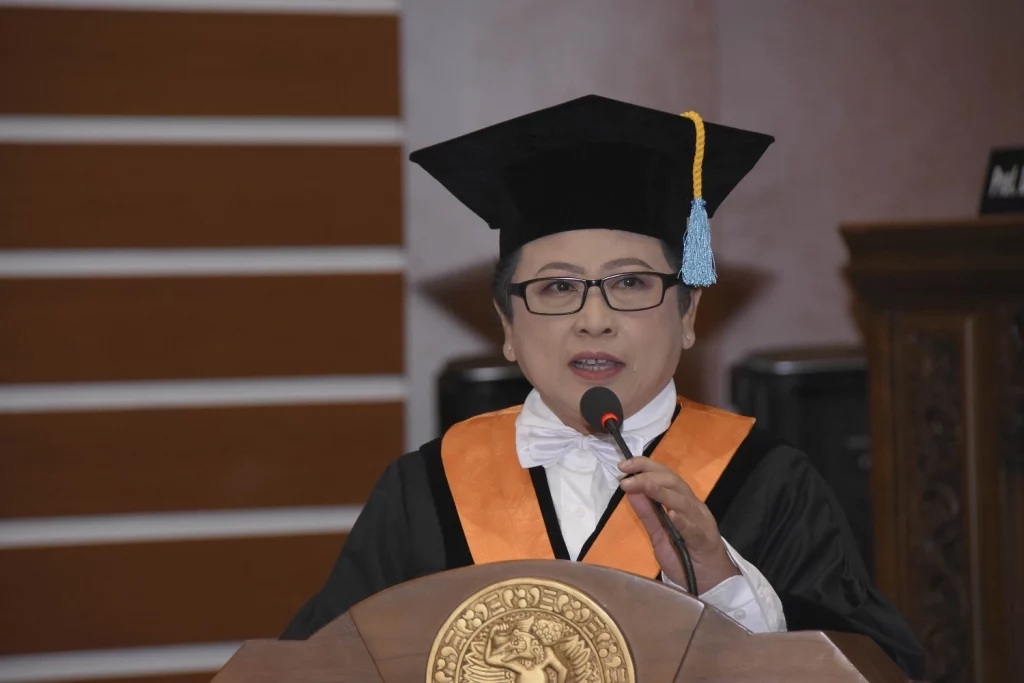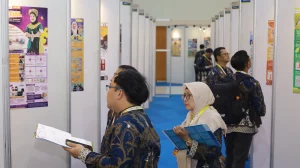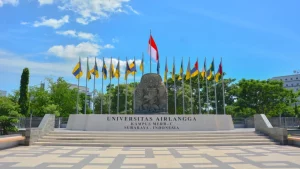UNAIR NEWS – Cases of Dengue Hemorrhagic Fever (DHF) have once again surged in Indonesia, a trend often observed during the rainy season. DHF has now been classified as an Extraordinary Incident (KLB). KLB refers to a situation where there is a drastic increase in epidemiological disease within a certain area and time frame. Such KLB conditions typically mark the onset of an outbreak.
Underlying factors
According to the Indonesian Ministry of Health (Kemenkes-RI) data, as of March 1, 2024, nearly 160,000 cases of DHF were reported across 213 subdistricts and cities in Indonesia. Kemenkes predicts that this situation will persist until April.

Assessing the current DHF KLB situation, Professor of Anthropology at Airlangga University (UNAIR), Prof. Dr. Phil Toetik Koesbardiati, DFM, PA(k), provided her insights. Prof. Toetik stated that the DHF cases arise due to various factors, including Indonesia’s geographical location, as a tropical country. Other contributing factors include natural changes, weather, and climate beyond human control.
“When the rainy season arrives, stagnant water often becomes breeding grounds for mosquito larvae, such as in flowerpots, gutters, old tires, cans, bottles, plastic containers, tree holes, palm fronds, and others. These stagnant pools lead to an increase in mosquito population density,” Prof. Toetik explained.
Preventive measures
Furthermore, Prof. Toetik shared tips for combating DHF in residential areas. Among the preventive measures are draining water storage containers and bath tubs weekly. Prof. Toetik also emphasized the importance of maintaining cleanliness in homes to prevent DHF.
“We must drain water storage containers and bath tubs at least once a week. It’s advisable not to leave clothes piled up or hanging for too long. Moreover, we can use mosquito nets to avoid mosquito bites,” emphasized the Faculty of Social and Political Sciences (FISIP) lecturer at UNAIR.(*)









